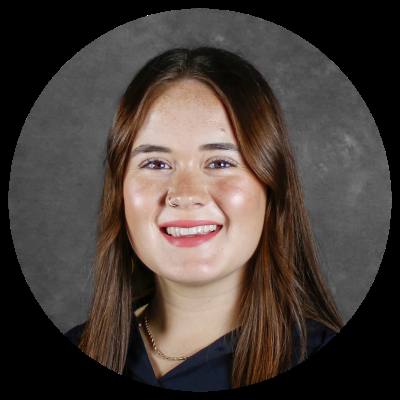District officials provided an update on LISD’s substance abuse prevention education and support services at a Sept. 5 board of trustees meeting.
In a nutshell
The district plans to implement Safety First—a free drug education and intervention curriculum by the Halpern-Felsher REACH Lab at Stanford University’s School of Medicine. The program encompasses 13 lessons on opioids and fentanyl, alcohol and psychedelics, as well as other drugs, according to its website.
LISD is also looking to adopt tobacco prevention and cannabis awareness and prevention toolkits by the university’s lab.
District staff are working to review the proposed materials by Sept. 13 so they may be introduced in the 2024-25 school year, LISD Director of Counseling Services Steve Clark said.
The setup
Last school year, the district provided the following counseling lessons on substance abuse prevention based on grade level:
- Sixth grade: vaping and fentanyl
- Seventh grade: alcohol and fentanyl
- Eighth grade: opioids and fentanyl
- High school: fentanyl
The background
House Bill 3908 has required Texas school districts to provide instruction to sixth through 12th grade students on fentanyl abuse prevention and drug poisoning awareness since last school year.
Additionally, Senate Bill 269 became effective in January, requiring districts to have access to opioid antagonists at all secondary campuses. LISD has met this requirement since before SB 629 passed, with Narcan available at all district campuses and administrative buildings, LISD Director of Health Services Cristin Wicketts said.
What they’re saying
Several board members expressed a desire to further engage parents around substance use prevention.
“[District staff] going out into the community and meeting our families and our students...to help them further their own education—that helps us as parents, so that we can better get that information to our kids in a way that is effective for them,” Place 6 board member Francesca Romans said.
The district plans to provide materials to parents at district events and update its website with resources for parents, Clark said. All substance abuse prevention materials are available to parents who may also choose to opt their students out of the curriculum, he said.





